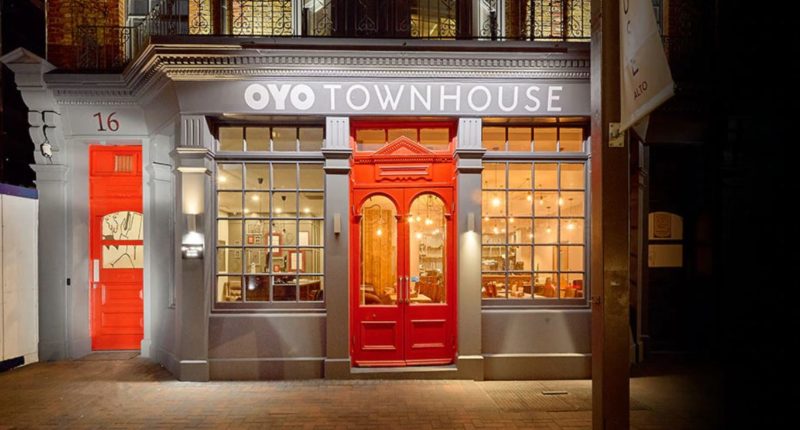OYO Hotels and Homes currently finds itself in the midst of a legal battle, as a bench of the National Company Law Tribunal (NCLT, which, under the Bankruptcy Code of 2016, is assigned with the responsibility of carrying out resolution of corporate insolvency issues for companies and limited liability partnerships) has just ordered for the process of corporate insolvency resolution to be commenced against the firm, which is backed by the SoftBank Group Corp., a Japan-based multinational conglomerate which owns stakes in firms in the energy, technology, and financial sector. The order was issued on April 4th, and the announcement that the process is set to begin, was made earlier today on the official website of the IBBI (Insolvency and Bankruptcy Board of India), which revealed that the proceedings have started with effect from April 1st, and as of now, creditors are being called forth to submit claims of proof, the last date for which is April 15th.
This issue comes after the company was faced with a suit, which was filed by one Rakesh Yadav, who happens to be an operational creditor for OYO, over non payment of dues which amount to a total of ₹16 lakh. For the unversed, an operational creditor is a person or an entity which supplies an operational debt to a company. Now you may ask what an operational debt means. An operational debt means providing goods or services (including employment), or a debt in respect of repayment of dues, which arises under any law, and is payable to either to the Government, or to any local authority.
Keyur Jagdishbhai Shah, who has been assigned as the interim resolution professional, said, “The order has been passed based on an application filed by an operational creditor. An amount of ₹16 lakh is outstanding. The order reserved was pronounced on April 1. Based on the merits of the case, the NCLT bench decided that OYO didn’t pay the dues. So as per IBC, CIRP was ordered.”
In return, the hotel-booking company has filed a counter-appeal with the NCLAT, against the order. The NCLAT, by the way, is the National Company Law Appellate Tribunal, which allows companies or clients aggrieved by some case/application filed with the NCLT, to file an objection or counter-appeal.
In a related news, many news portals on Tuesday, April 6th, reported that OYO had filed for bankruptcy under the Bankruptcy Code 2016, following the filing of the corporate insolvency issue against it. A PDF file which reportedly contains the filing is also doing the rounds of social media. These reports were flat out rejected by Ritesh Agarwal, the founder and CEO of the firm, who deemed the news to be fake through a series of tweets made from his personal account.
His tweets read, “There is a PDF and text message circulating that claims OYO has filed for bankruptcy. This is absolutely untrue and inaccurate. A claimant is seeking INR 16Lakhs (USD 22k) from OYO’s subsidiary leading to a petition at NCLT. OYO has paid that under protest and amount already banked by the claimant. OYO has also appealed with the NCLAT about the matter. OYO is recovering from the pandemic steadily and our largest markets are operating profitably.” He also posted a third tweet, wherein the counter-appeal filed with the NCLAT was discussed.
There is a PDF and text message circulating that claims OYO has filed for bankruptcy. This is absolutely untrue and inaccurate. A claimant is seeking INR 16Lakhs (USD 22k) from OYO’s subsidiary leading to a petition at NCLT. 1/3
— Ritesh Agarwal (@riteshagar) April 7, 2021
The Tech Portal is published by Blue Box Media Private Limited. Our investors have no influence over our reporting. Read our full Ownership and Funding Disclosure →






